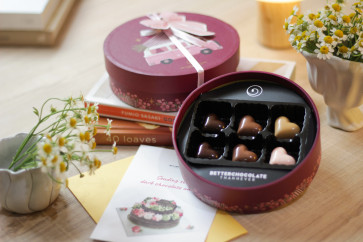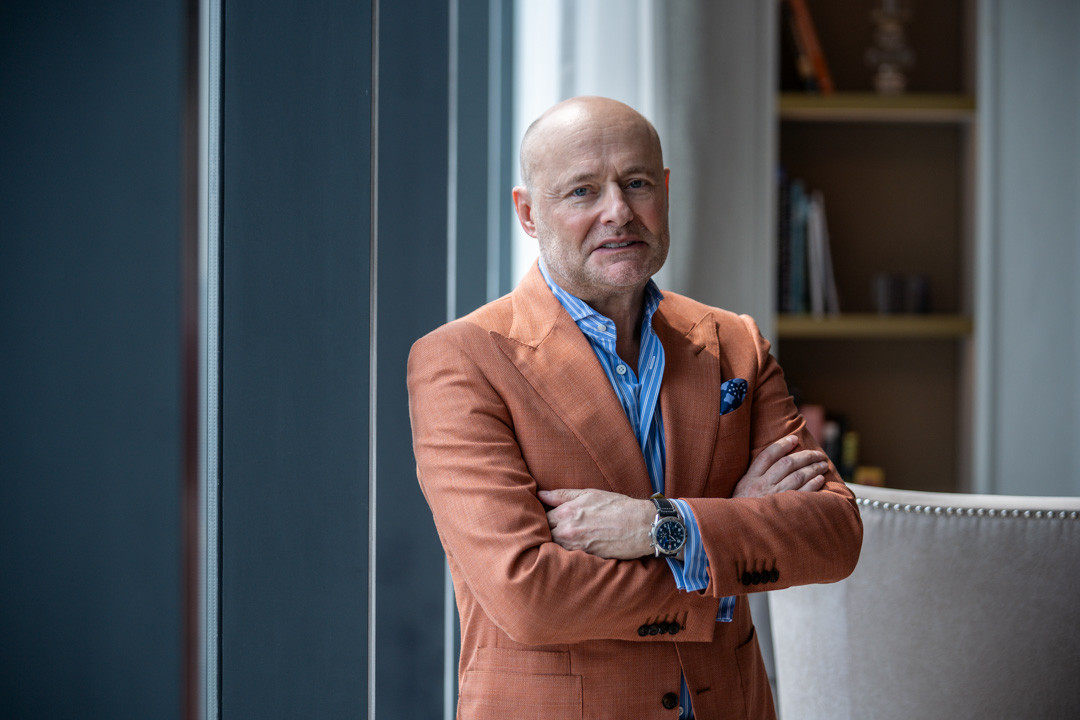(Courtesy of Muhammad Zaenuddin)
“In the old days, we said, ‘30 to 40 years, male, income […] whatever.’ This was the structure. Today, it's more of a lifestyle; you buy a brand, then you buy design and then technical features.”
Neither critique nor commentary, but an apt observation of how consumers pay with their values and emotions. That this was stated by the man behind one of the best watchmakers in the world, Breitling CEO Georges Kern, is even more intriguing.
During a brief encounter in Jakarta some time ago as part of the Swiss luxury watchmaker’s 140th anniversary campaign, he was nothing but affable and discerning.
Kern, who assumed the post of CEO in 2017, is intimately acquainted with the inner workings of Breitling both as a company and as a brand. In the industry, he explained, everything has to be intuitive — you have to feel something.
“The first decision we took as a brand was to try to become a cool alternative to the very conservative Swiss brands. So we didn't go into golf or tennis for instance, we went into surfing and triathlon, which by the way helped us a lot in the post-COVID area, because everybody was about going out, enjoying life, carpe diem,” he said.
Read also: To invest or not to invest in a Bali villa?

Thank you!
For signing up to our newsletter.
Please check your email for your newsletter subscription.
Breitling, which took root in a small workshop in Saint-Imier, Switzerland in 1884, has historically been associated with aviation, motoring and seafaring as per its Air, Land and Sea categories. In modern times, however, its partnerships range from classic motoring icons like the Ford Mustang and Chevrolet Corvette, elite sporting events including Six Nations rugby and IRONMAN triathlon, to fashion labels such as Victoria Beckham’s namesake brand.
“I believe that luxury is not a silo. When you’re into watches, you're also interested in fashion or cars or cinema or theater. And then we looked for partnerships and collaborations to help cross-fertilization. [...] We want to be the cool and relaxed alternative. We target people who like our image or lifestyle; I don't care if this person is 20 or 60, male or female, or what have you.”
Raised with an intimate knowledge of arts and jewelry thanks to his jeweler father, Kern is no stranger to watches and horology. He originally ventured into the fast-moving consumer goods sector, but, by chance or by destiny, an offer in the watch industry came knocking.
Luxury, of course, operates on a different wavelength compared with other industries, and Kern himself is very much aware of this.
“What you have to understand is that in luxury, you create needs instead of responding to them. Here, you create a product with a story, and suddenly people want it because we're humans. We're not rational — nobody needs an analog watch, your shoes or your jacket — you can have anything else, and that's the beauty of it. You work with emotions, beauty and design.
“We have this modern retro design and philosophy, and this is how you create a new market. We don't want to be a vintage brand, but we don't want to neglect the past. You have to find the right balance.”
Read also: Silent seas: The electric innovation transforming fishing
This article is part of The Weekender, a biweekly tabloid that appears in the Saturday edition of The Jakarta Post. Offering a variety of feature articles on lifestyle and culture, it aims to enriching your reading experience. Subscribe here to access The Jakarta Post's Saturday edition and all Premium content.























